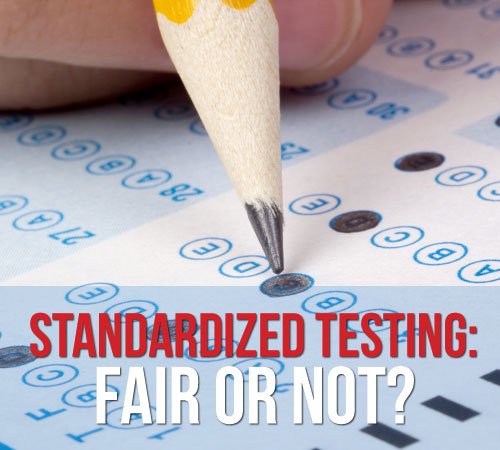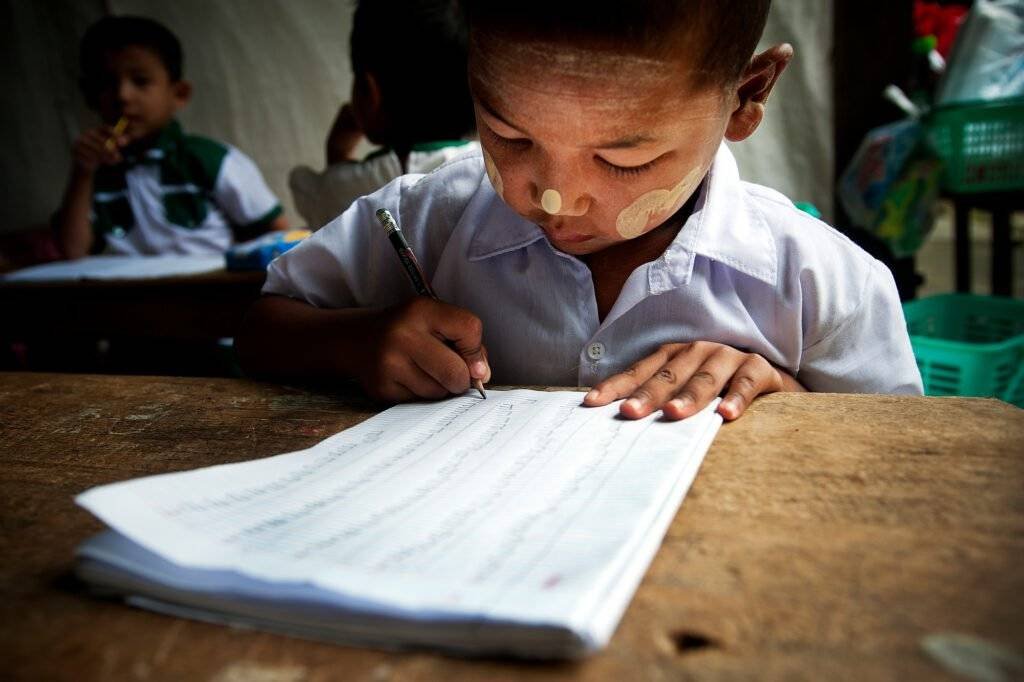Education, the cornerstone of social progress, is facing an unprecedented crisis. Despite higher enrollment rates and technological innovations, significant portions of students worldwide need help to acquire essential skills and knowledge despite attending classes. This alarming reality demands urgent action to rectify.
Attendance vs. Learning Capabilities
Traditional measures of educational success typically centre on enrollment rates and school attendance figures. Although such metrics provide some measure of participation, they fail to capture the essence of learning; simply being present doesn’t guarantee you acquire knowledge or skills essential to personal and societal advancement.
Root Causes of Crisis
Outdated Pedagogical Approaches:
Many educational systems still need to be mired in outdated pedagogies that privilege memorization over critical thinking and problem-solving skills, effectively silencing creativity while inhibiting students’ abilities to adapt quickly to an ever-evolving world. This antiquated model stifles creativity while hindering adaption skills development among their student bodies.
Resource Disparities:
Educational disparities remain widespread worldwide, with marginalized communities often lacking access to quality teachers, infrastructure and learning materials that would contribute to an equitable education environment – further widening the divide between those privileged and underprivileged.
Standardized Testing Culture: Emphasizing standardizing testing culture

Standardized testing as the sole measure of academic achievement encourages teaching for test scores rather than cultivating genuine understanding and mastery of concepts, hindering holistic development in students while turning education into mere memorization exercises.
Effects on Society
The consequences of the education crisis extend well beyond individuals; their effects ripple throughout communities and societies.
Economic Stagnation:
An economy struggling to adapt to an ever-evolving knowledge economy can only thrive when its workforce has essential skills. Without educated populations and workers, the economy cannot meet global market requirements.
Social Inequality:
Education can serve as an invaluable means of social mobility and decreasing inequality, yet when large segments of the population don’t gain access to quality instruction, their disparate living circumstances only deepen, perpetuating cycles of poverty and marginalization.
Democratic Erosion:
Lack of critical thinking skills and civic knowledge threatens the foundations of democracy, leaving an electorate susceptible to manipulation or demagoguery, which threatens the principles of good governance and democracy itself.
Addressing the educational crisis requires comprehensive reforms that prioritize meaningful learning outcomes over simple attendance numbers:
Curricular Innovation:
Educational curricula must be revised to emphasize critical thinking, problem-solving, creativity, and digital literacy. Implementing integrated approaches that link classroom learning with real-world applications creates deeper comprehension and engagement, which leads to greater long-term understanding and student retention.
Investment in Teachers:

Teachers are at the core of education; therefore, investing in teacher training, professional development, and equitable compensation ensures educators can deliver high-quality instruction and support to all students, regardless of background.
Equitable Access:
Bridging resource disparities through targeted interventions—like providing additional funding for schools located in underserved communities or offering learning materials such as software—is vital to guarantee equitable access to education for all.
Assessment Reform:
Shifting away from traditional testing in favor of more holistic forms, such as project-based learning or portfolio assessment, allows educators to achieve a more comprehensive evaluation of student growth and achievement.
Conclusion
The education crisis is an immense task that demands collective action from policymakers, educators, parents and communities alike. More than merely being in school is required; true education must equip individuals with the knowledge, skills and critical thinking capabilities necessary for survival in today’s digital world. By prioritizing meaningful learning outcomes and tackling the root causes of educational disparities head-on, we can pave the way towards an equitable society where everyone has an equal chance to fulfil their full potential while contributing meaningfully towards its advancement.

